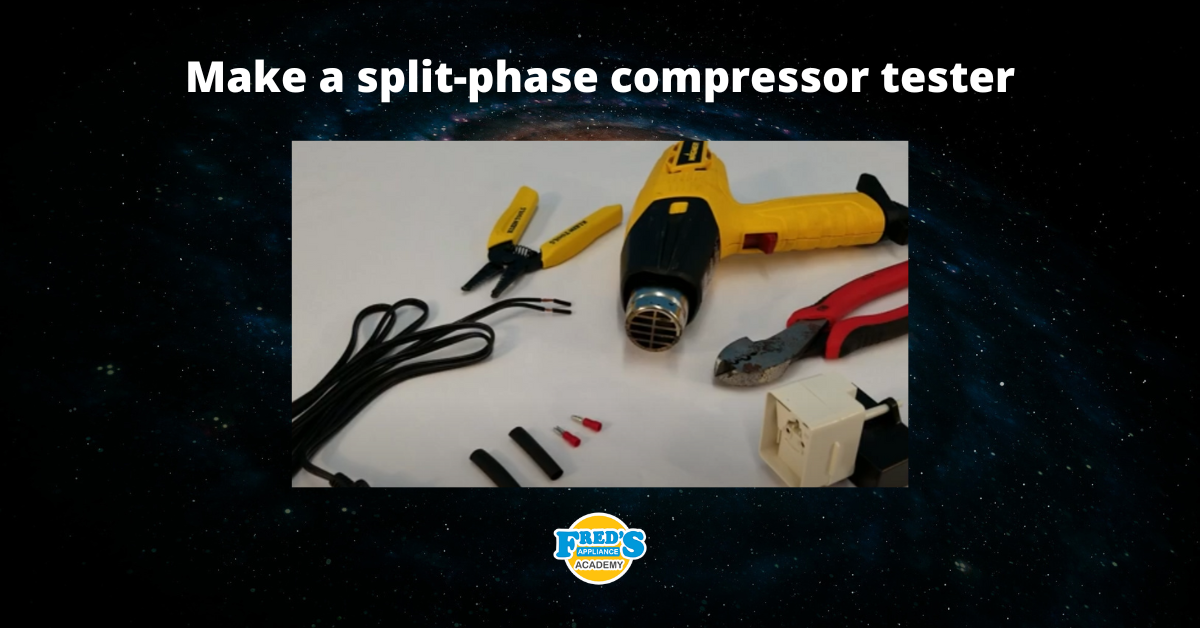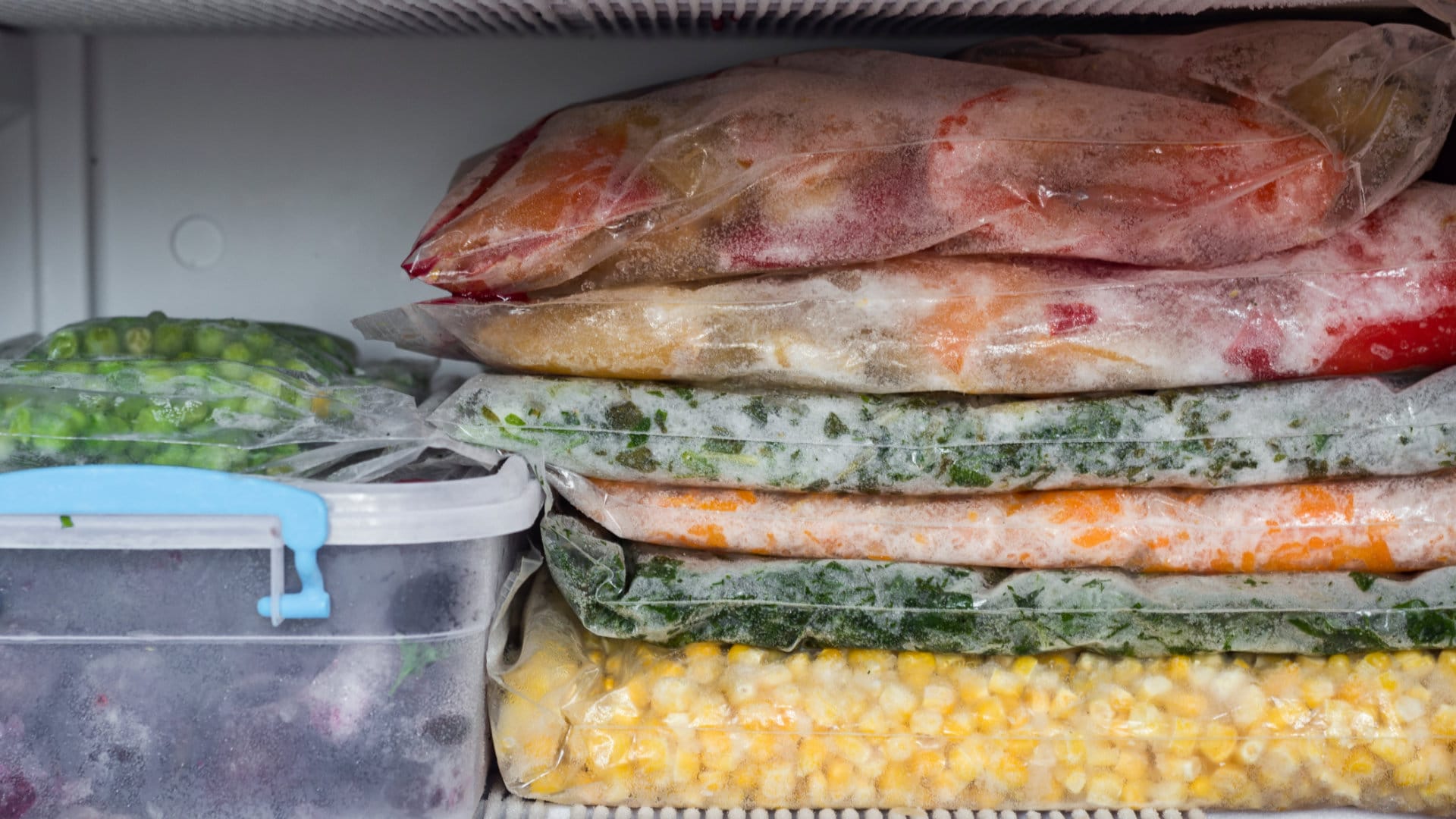
LG is a brand known for its quality and reliability. LG has been in business for over 50 years, making incredibly durable products that have earned the trust of their consumers. That is not to say, however, that their products are without fault. While technology has advanced in leaps and bounds, even appliances made by reputable companies like LG are not without their problems.
Understanding the frequently found issues can help you identify what might be going wrong, which is the first step to troubleshooting issues. LG fridges are great products, but there are a few frequently found issues that you should be aware of in case your fridge starts to act up.
Since this is a general guide not specific to any make or model in the LG range, be sure to consult your owner’s manual alongside this guide.
1. LG refrigerator linear compressor is not working
As technology advances, so do our new appliances, coming out quieter, more efficient, and easier to repair. One component LG is always working on upgrading is the linear compressor, which is now available in select models. It only works when the appliance needs it and is energy efficient as well as quieter than conventional compressors.
Unfortunately, many LG users have reported that they have had problems with their compressors. The most common culprit is a faulty seal, which can stop the compressor from being able to run. So, if your fridge is running but not cooling, then there is a good chance you have an issue with your compressor. If this is the issue, you will need to call in a licensed technician to repair it.
2. LG refrigerator not cooling
While LG is hugely popular and found in many households, LG fridges are not the best-performing brand when it comes to cooling capabilities. In fact, there have been customer complaints of their fridges ceasing to cool completely.
There are a lot of different components that need to work in harmony for your fridge to cool down and stay cool. If any of these components have issues or stop working, it can cause the LG fridge to stop working altogether.
To troubleshoot these issues, you will need a rough idea of your fridge’s symptoms/issues.
A faulty compressor
Your fridge compressor works to keep the food inside your fridge cool and fresh. It is a very delicate setup, and so faults or issues with the compressor can prevent the fridge from cooling properly or from staying too warm. In most models, a compressor is located at the bottom of the back of the fridge.
You will need to remove the back panel to access the compressor. Make sure you consult your owner’s manual if you have any issues. You should hear a running/humming noise if it is working properly. If you are unsure, you should have a licensed technician diagnose the issue.
A defective condenser motor
Another important component is the condenser motor. If the motor is not working correctly, you may notice your fridge making strange sounds, overheating, or higher than normal energy bills.
The first thing to do is to check your condenser coils for debris or any buildup that may be interfering with the fan blades.
If there is significantly reduced airflow, your refrigerator and freezer may end up shutting down. If you are still experiencing issues after cleaning off the coils and ensuring the fan blades are free to rotate, you might need a new compressor motor.
Start relay fault
A faulty start relay can also result in your refrigerator’s compressor not working properly. This is an easy issue to troubleshoot. All you need to do is test the relay’s continuity.
Start by taking off the unit’s back panel, which will allow you to access the relay from the bottom. Once you have located the relay, test it for continuity using a multimeter. If there is no continuity, you will need to replace the relay.
Faulty evaporator fan motor
The evaporator is responsible for circulating cool air from the freezer into your refrigerator. An issue with your fridge cooling may also be an indicator that there is a problem with the evaporator fan motor.
You should start by ensuring there is no buildup or clogs that are preventing the fan from spinning. You should also ensure that the motor is running freely and eliminate any debris or buildups by vacuuming it.
LG refrigerator leaking water
Water leaking from your appliance is never a good sign, especially when it is coming out of your fridge. Unfortunately, it is also one of the most common issues with any fridge. Water leaks occur most often when the door is closed. Thankfully, there are a few steps you can follow that will fix a leaky fridge in most cases.
Frozen/clogged drain line: A leaking fridge is a hazard for a variety of reasons, it can spoil the food inside, and if water overflows, it can cause damage to the cabinetry below the fridge and even leak onto your floor. One sure-fire way to prevent this is to check and make sure your refrigerator drain is not frozen or clogged. If so, you will need to melt the ice or clear out debris with hot water.
Faulty tank assembly: Another cause of interior leaks is faulty tank connections. If you notice leaks, you should visually inspect them and ensure it is replaced if there is any damage. The same goes for your water inlet valve and the housing. Look for cracks or damage and replace it asap if you find any.
How to reset an LG refrigerator
If you do encounter any of these common issues or any other issues, a good thing to know is how to reset your LG fridge. First, open the doors of the appliance, then press and hold the refrigerator and ice plus buttons simultaneously for 5 seconds. After 5 seconds, your panel should begin to blink, indicating your fridge has been reset.
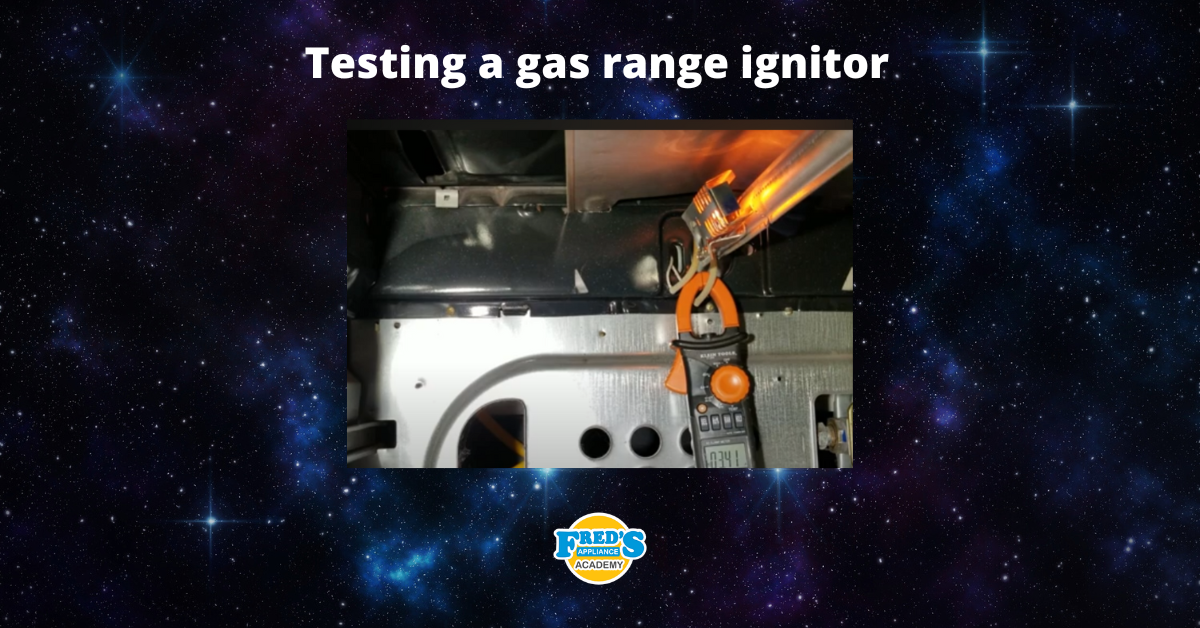
How to test a gas range ignitor

Congrats to our graduating March 2024 class
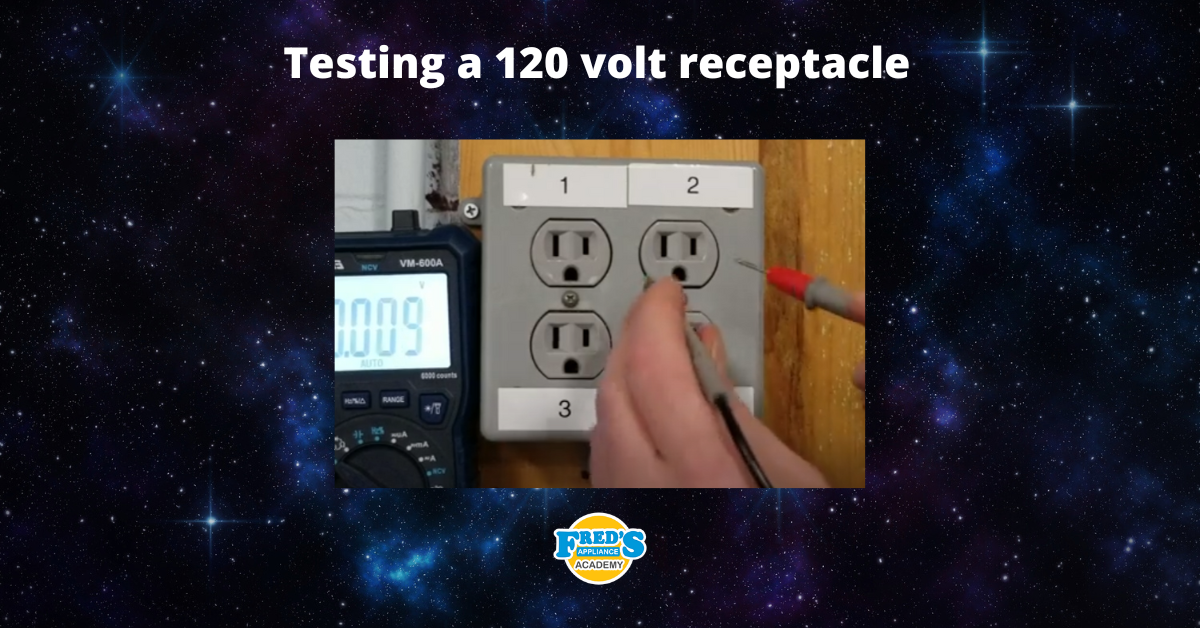
How to test a 120 volt receptacle
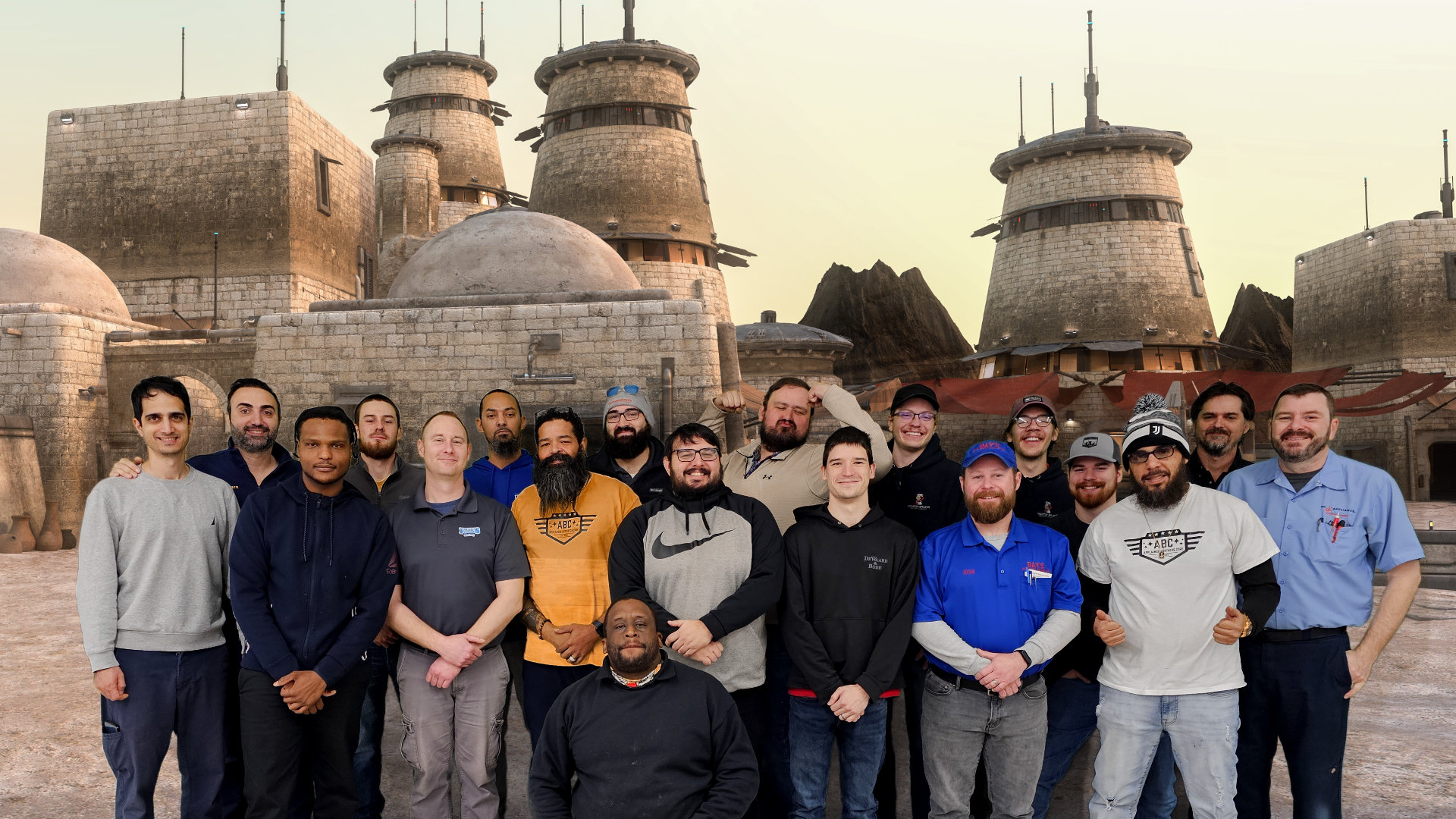
Congrats to our graduating February 2024 class
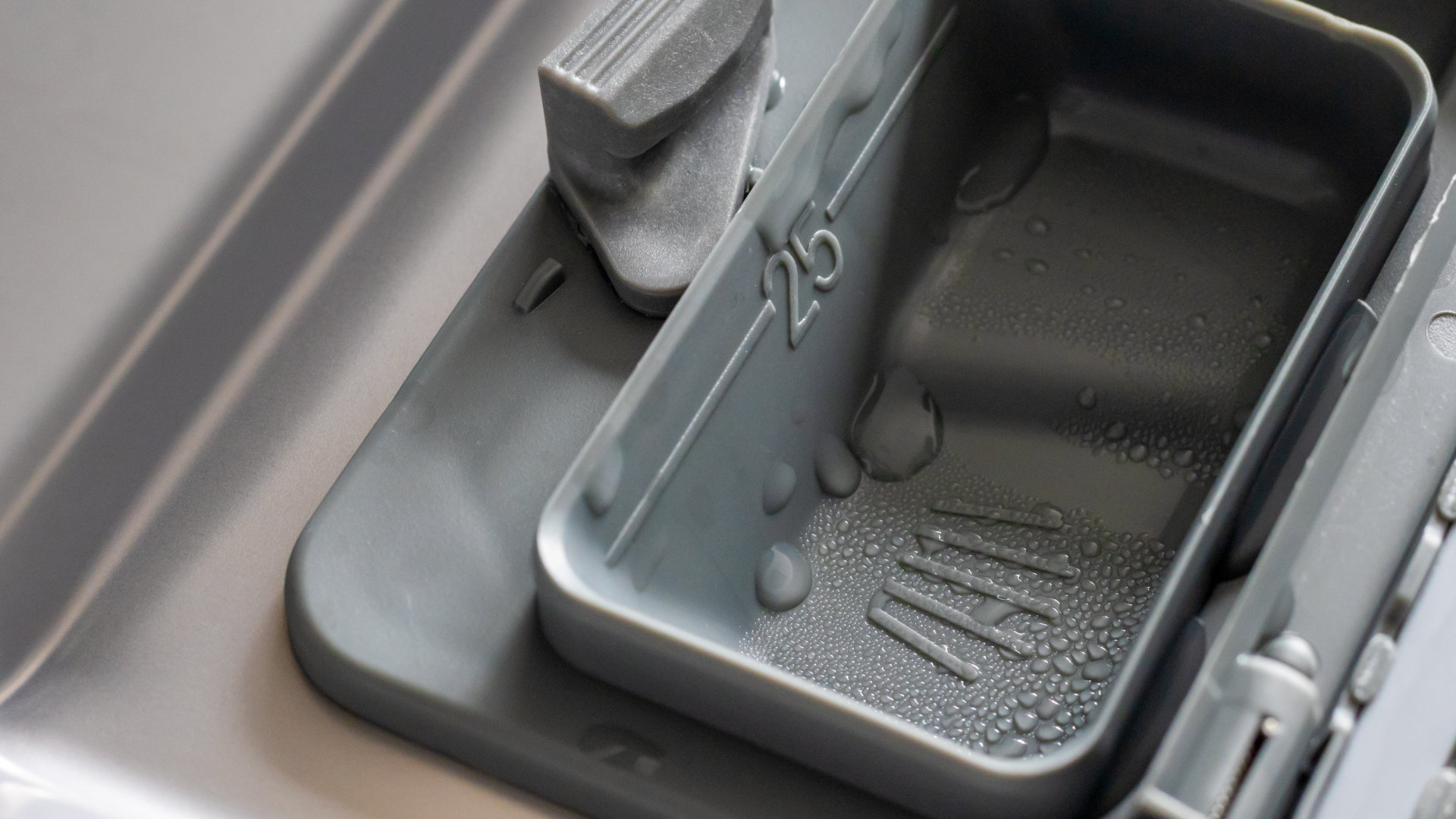
Why Is Your Dishwasher Soap Not Dissolving? (5 Easy Fixes)
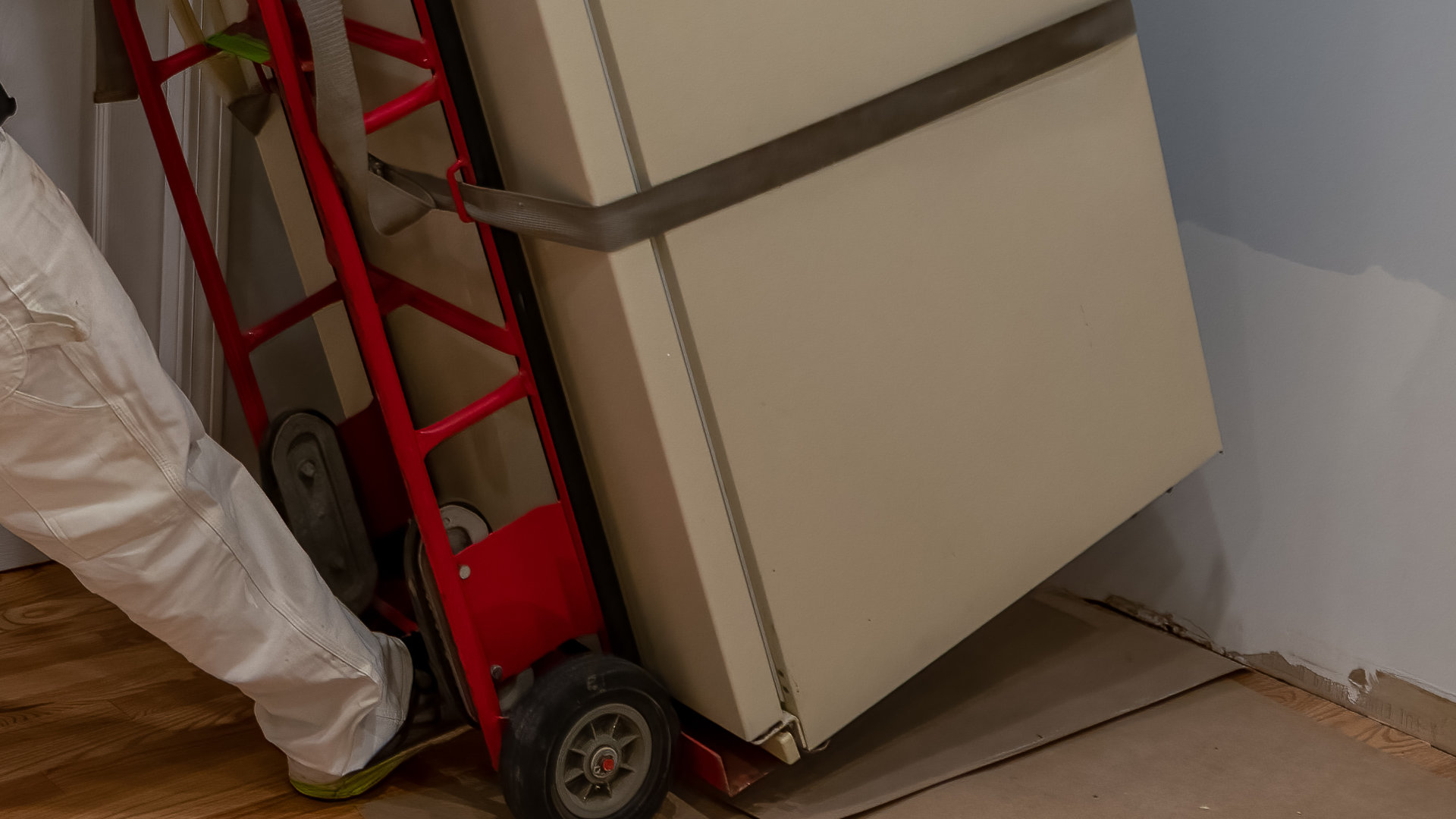
Refrigerator Dripping Water Inside? 5 Quick Fixes

Appliance Industry 2023 Q4 Results

Congrats to our graduating January 2024 class
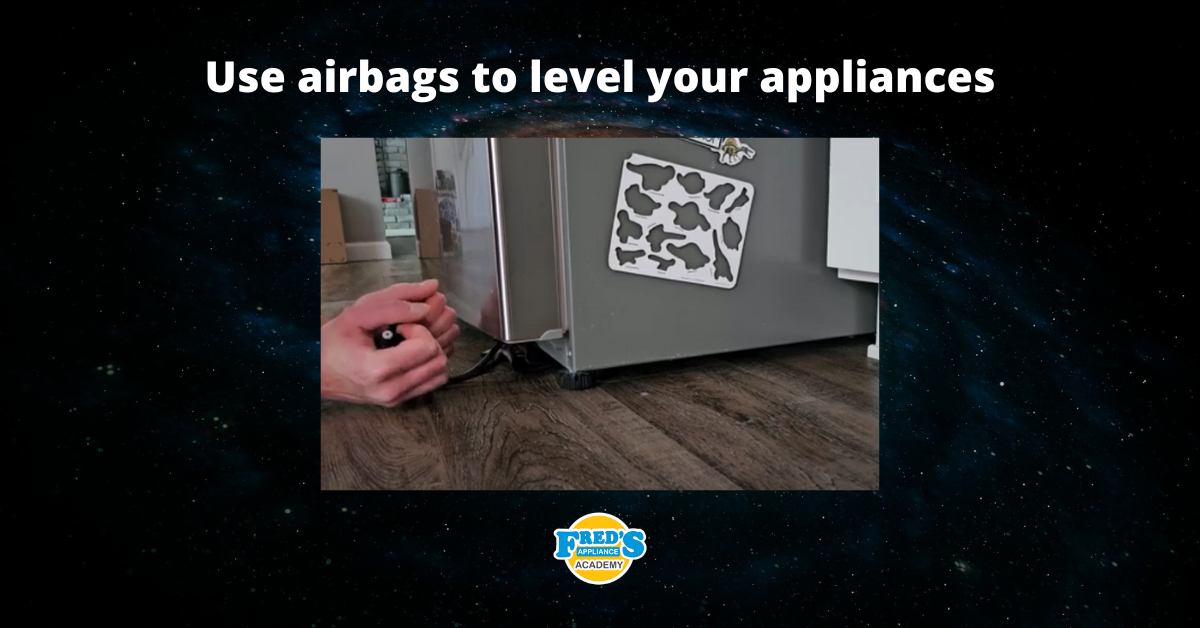
Clever ways to use airbags to level your appliances
